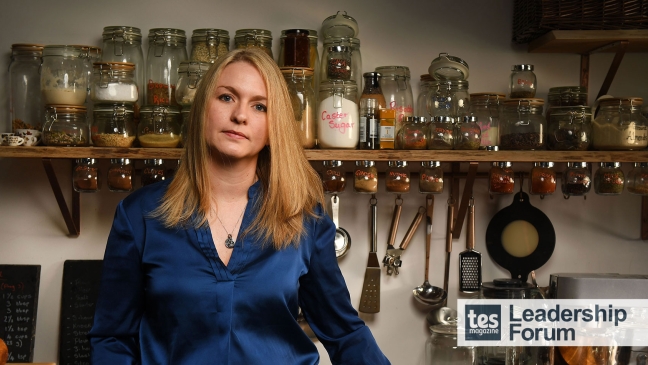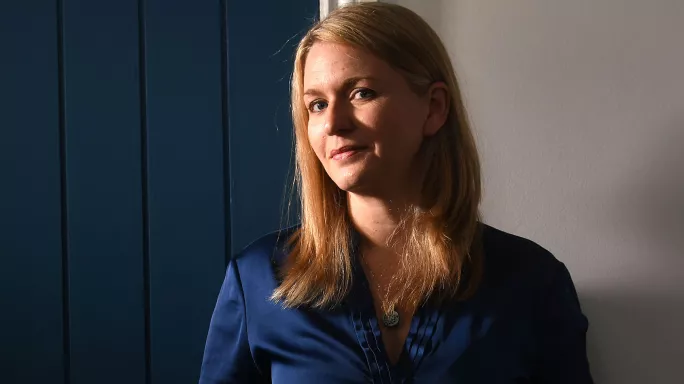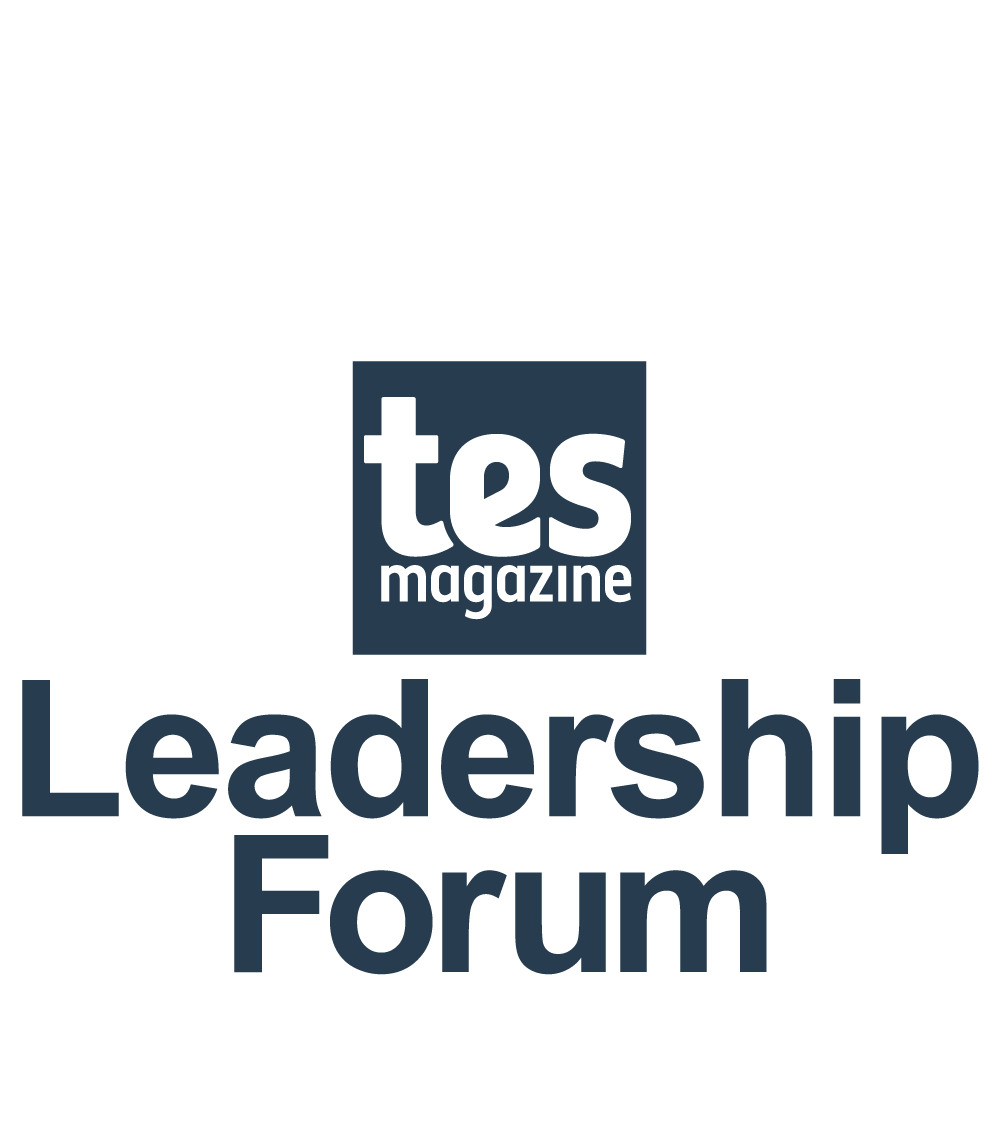- Home
- Leadership
- Tips & Techniques
- Emma Hollis: ‘It’s not an insult if someone doesn’t trust you’
Emma Hollis: ‘It’s not an insult if someone doesn’t trust you’

Emma Hollis is CEO of the National Association of School-Based Teacher Trainers (NASBTT). She was formerly a primary school teacher, head of ITT for a SCITT, head of a teaching school and head of education strategy in a multi-academy trust. She writes:
I’ve never taken criticism personally. Criticism is inevitable in leadership. You have to be confident that what you’ve done is right for the organisation and, if you are, you can separate your decision making as a leader and you as a person. That distinction is really important.
Incidental, informal conversations are so critical. I make an effort to stay away from email and have conversations in person or - if that’s not possible - on the phone. You get a much better sense of what that person wants to discuss, and learn so much that you wouldn’t have done otherwise, through the wider conversation you end up having.
Trust takes a really long time. You have to invest in getting trust and be patient. It’s not an insult if someone doesn’t trust you - you should have to earn it.
I was a perfectionist as a teenager. If I couldn’t succeed at something, I wouldn’t do it. So I grew up thinking I was succeeding, but looking back I was just being very selective about what I committed to. In my late twenties and early thirties, that changed - I matured and I was able to give myself a break. I could not have been a leader if I hadn’t made that change.
It’s very easy to become detached in leadership roles - and that’s true at every level of leadership. I was worried in my first school leadership role that I would become detached from the classroom, for example, and so I was very deliberate about how I countered that. I had to make that connection a priority, and not get lost in the firefighting. I’ve made avoiding detachment a priority in every leadership role I’ve taken on.

I used to work in a police control room. It taught me so much about working under pressure - and about the realities of dealing with what’s immediately in front of you, then having to move to the next thing and leave that other thing completely behind in that moment.
I can think of only one or two instances in my career when my gender has influenced a decision about me by another person, but I know it happens to others - and to some, it happens a lot. It’s important that those of us who haven’t experienced it as much, still talk about sexism and recognise it as a barrier for many women in the sector.
It must be a lovely position to be in to always be sure of what’s right or wrong, but I’ve never been that sort of person. I can always see both sides of the argument and, as a leader, that’s often where you need to be. It’s not easy - often no one ends up happy - but it is usually the most representative, evidence-based view.
There are often times when you have fought hard for something, and the end result is still not ideal - but it could have been so much worse. Usually, people won’t see that effort and your influence won’t necessarily be very clear. Part of leadership is being OK with that - understanding that you won’t always get credit, but having the confidence in yourself that you still made a difference.
I’ve never read a leadership book and thought “that’s how I am going to do it.” I learn much more from watching others and thinking about how what they do might fit in with my own leadership context. It’s a much more valuable way of learning, and it’s continuous - that type of observational training should always be a focus when you’re leading an organisation.
I am allergic to micromanagement. If I’m trying to do other people’s tasks, I’m either not doing my own tasks or doing them very badly. That’s not what I get paid for.

Leaders, in my experience, are either a funnel or an umbrella. And I always try to be the umbrella and protect everyone else from everything raining down from above. But there is a balance to be had, because sometimes your team does need a grasp of the reality. You just have to make sure you don’t funnel down the anxiety or pressure, too, as that tends to intensify as it goes down, rather than becoming less potent.
Part of leadership success is finding the right role that suits your skill set and style - but it’s also finding an organisation that, to a degree, will let you shape it to become more of what you think it should be. If neither of those aspects are in place, you are going to struggle.
I try to avoid instant answers. People make a virtue of speed in leadership, but actually, we need to value clarity. And sometimes, clarity takes time.
Leadership can be very lonely. I counter that by having a number of people I can call up who are at a similar level of leadership. We can meet for a coffee or have a chat, and we both know how it feels to be in our position. That moment of shared experience can be so helpful.
I have lots of hobbies. I’m quite clear about my life not being dominated by my work. That comes from when my daughter was 2 or 3 years old and we were playing, and I said “come and have a look at this” and she said “I can’t, I am far too busy doing my marking.” That hit so hard. I was all in on my work at that point. I wanted her to see a working parent, but I had gone too far and she wasn’t seeing any other side of me - she wasn’t seeing any fun.
We’re all the hero in our own story, and the enemy in someone else’s. Most people in education are ultimately trying to do what they think is right. Remembering that is important.
You need a Tes subscription to read this article
Subscribe now to read this article and get other subscriber-only content:
- Unlimited access to all Tes magazine content
- Exclusive subscriber-only stories
- Award-winning email newsletters
Already a subscriber? Log in
You need a subscription to read this article
Subscribe now to read this article and get other subscriber-only content, including:
- Unlimited access to all Tes magazine content
- Exclusive subscriber-only stories
- Award-winning email newsletters
topics in this article




